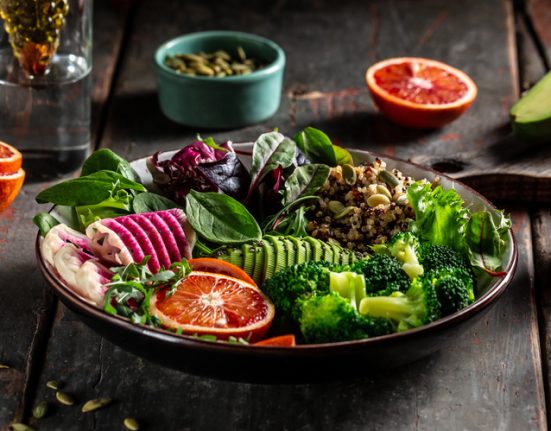In a sweeping analysis encompassing the dietary habits and medical records of nearly half a million men and women, a disconcerting revelation has come to light: processed meat is intricately tied to deaths stemming from cancer and heart disease. This wide-reaching European study, conducted with the involvement of Oxbridge scientists, has sent ripples through the culinary world, suggesting that processed meat may be a contributor to approximately one out of every 30 deaths. The research has gone so far as to propose a stringent daily limit of no more than 20g of processed meat—equivalent to just a solitary bacon rasher.
A Timely Warning Amid Food Controversies

This stern caution emerges in the wake of the infamous horsemeat scandal, a food debacle that has prompted consumers worldwide to scrutinize the origins of their sustenance. Processed meat, often crafted by amalgamating the less coveted parts of animals unfit for prime cuts, is notorious for its high fat content, including artery-clogging cholesterol.
The Weight of the Evidence: A Multi-Nation Effort

The research effort spanned ten European countries, with a sample pool nearing the half-million mark, featuring a substantial contingent of British participants. Over an average tracking span of 13 years, the findings have painted a vivid and disconcerting picture. Individuals who reported high consumption of processed meat faced a significantly elevated risk of premature death, with a pronounced susceptibility to cardiovascular diseases and cancer.
Startling Statistics: Deaths Linked to Processed Meat
Out of the study’s participants, a staggering 26,344 individuals succumbed to various causes during the research period. The stark statistics revealed that those who consumed the highest quantities of processed meat were 44 percent more likely to meet an untimely end compared to their peers with the lowest intake.
The Grim Toll of Heart Disease
The figures concerning heart disease were particularly distressing. Those who indulged in the most processed meat, exceeding 160g or roughly three sausages daily, faced a staggering 72 percent higher risk of falling victim to heart-related conditions. A year earlier study found that eating 50g of processed meat daily, comparable to one sausage or three bacon rashers, increased cancer risk by 20%. The latest, larger-scale study found a grimmer reality: individuals who ate the most processed beef had a roughly 50% higher chance of early mortality from heart disease.
The Recommended Limit
The study, now published in the prestigious journal BMC Medicine, concluded with a resounding call to action—a daily cap of 20g of processed meat, equivalent to a single bacon rasher or one full English breakfast per week, could potentially avert a significant number of premature deaths annually in the UK, to the tune of about 20,000 lives saved.
Balancing Act: The Expert Perspective
Tracy Parker, a dietician at the British Heart Foundation, acknowledged that the arrival of spring often brings visions of delightful barbecues. She warned that this research found a worrying link between processed meats like sausages and burgers and early death. However, those who ate the most processed meat in the study also ate less fruits and vegetables and smoked more, which could bias the results.
Professor Karol Sikora, a top UK cancer specialist and unpaid member of the industry-supported Meat Advisory Panel, stressed the importance of a balanced diet from a more measured perspective. He reassured that enjoying an occasional bacon sandwich should not be a cause for alarm but cautioned against excessive indulgence. In the end, moderation and dietary variety remain the keystones to optimal health. Intriguingly, the research did not establish any significant link between white meat consumption, such as chicken, and death rates, while modest quantities of red meat appeared to have a somewhat beneficial effect.
References

Also Read: The Art of Moderation: Ayurveda’s Take on Sweets After a Meal








Leave feedback about this